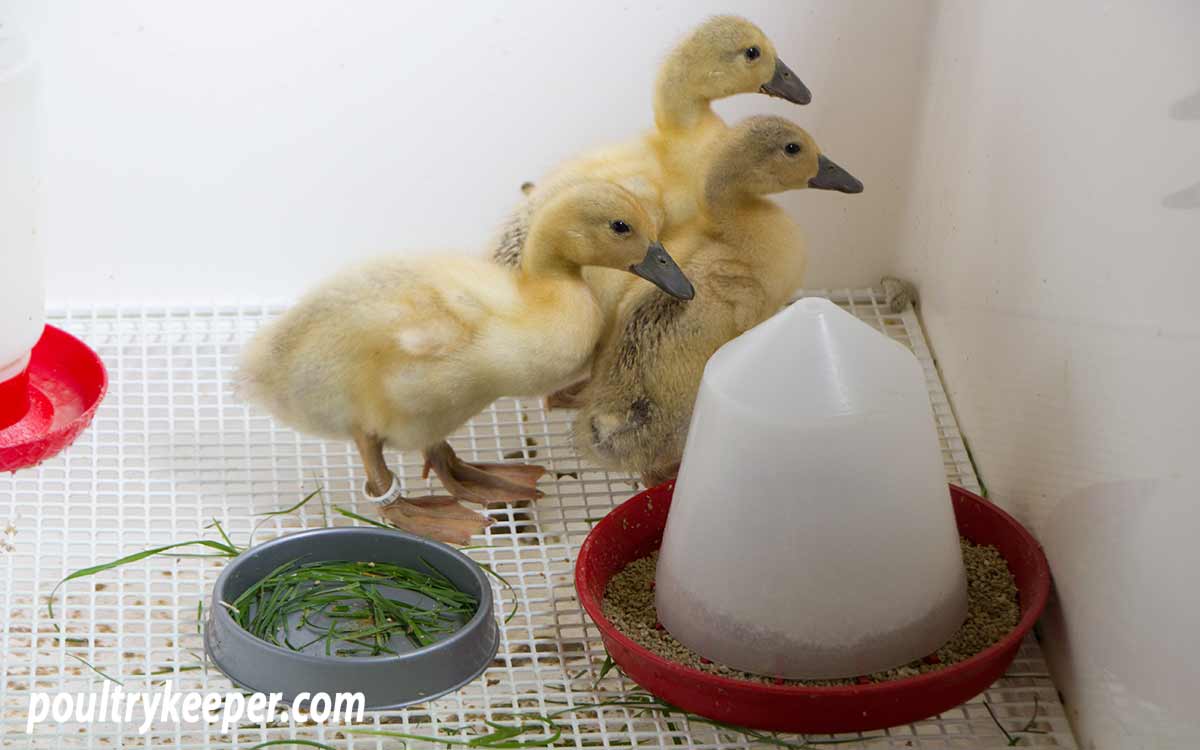
Caring for Baby Ducks: A Comprehensive Guide
Introduction
Baby ducks, also known as ducklings, are adorable and fascinating creatures that require specialized care to thrive. Whether you’ve stumbled upon a lost duckling or are raising a brood of your own, understanding their unique needs is crucial for their well-being. This comprehensive guide will provide you with all the essential information you need to care for baby ducks, from their dietary requirements to their housing and health considerations.
Dietary Needs
Ducklings have specific nutritional requirements that differ from adult ducks. They require a diet rich in protein, carbohydrates, and vitamins to support their rapid growth and development.
- Starter Feed: For the first 2-3 weeks of life, ducklings should be fed a high-quality starter feed specifically formulated for their age and species. This feed typically contains 18-20% protein and provides the essential nutrients they need.
- Grit: Ducklings also require grit, which helps them grind down their food in their gizzards. Provide them with a shallow dish of grit made from crushed oyster shells or granite.
- Fresh Water: Ducklings need access to clean, fresh water at all times. Provide them with a shallow water dish that they can easily reach.
Housing
Ducklings require a warm, dry, and draft-free environment to thrive.
- Brooder: For the first few weeks of life, ducklings should be kept in a brooder. A brooder can be a cardboard box or a plastic tote with a heat lamp to provide warmth. The temperature inside the brooder should be maintained at 90-95°F (32-35°C) for the first week and gradually reduced by 5°F (2.8°C) each week until they reach 70°F (21°C).
- Bedding: Line the brooder with soft, absorbent bedding such as shredded paper, wood shavings, or hay. Avoid using materials that can be ingested, such as straw or sawdust.
- Ventilation: Ensure that the brooder has adequate ventilation to prevent ammonia buildup from their droppings.
Health Considerations
Ducklings are susceptible to various health issues, so it’s important to monitor their health closely and seek veterinary attention if necessary.
- Imprinting: Ducklings imprint on the first moving object they see after hatching, which is typically their mother. If you’re raising ducklings without a mother, you can imprint them on yourself by spending time with them and handling them gently.
- Feather Plucking: Feather plucking can be a sign of stress or boredom. Provide ducklings with plenty of toys and enrichment activities to keep them entertained.
- Leg Problems: Ducklings can develop leg problems, such as sprains or dislocations, if they’re kept on slippery surfaces. Provide them with a rough surface to walk on, such as a rubber mat or sand.
- Parasites: Ducklings can be infected with parasites, such as lice or mites. Regularly inspect them for any signs of parasites and treat them accordingly.
Outdoor Care
Once ducklings are fully feathered and have developed their waterproofing, they can be introduced to the outdoors.
- Water: Provide them with a shallow pool or pond where they can swim and bathe.
- Shelter: Ensure they have access to a shelter where they can retreat from the elements and predators.
- Food: Continue to provide them with a high-quality duck feed and grit.
- Safety: Protect ducklings from predators, such as cats, dogs, and hawks, by providing them with a secure enclosure or supervising them closely when they’re outdoors.
Additional Tips
- Handle Gently: Ducklings are fragile creatures, so handle them with care. Support their bodies and avoid squeezing them.
- Keep Clean: Regularly clean the brooder or enclosure to prevent the buildup of bacteria and parasites.
- Socialization: Ducklings are social animals and should be raised with other ducklings or companion animals.
- Veterinary Care: Schedule regular veterinary checkups to ensure the health and well-being of your ducklings.
- Enjoy the Experience: Raising baby ducks can be a rewarding experience. Take the time to observe their behavior, interact with them, and enjoy their company.
Conclusion
Caring for baby ducks requires patience, attention to detail, and a commitment to their well-being. By following the guidelines outlined in this comprehensive guide, you can provide your ducklings with the optimal environment and care they need to thrive and become healthy, happy adults. Remember to seek veterinary advice if you have any concerns about their health or development.
